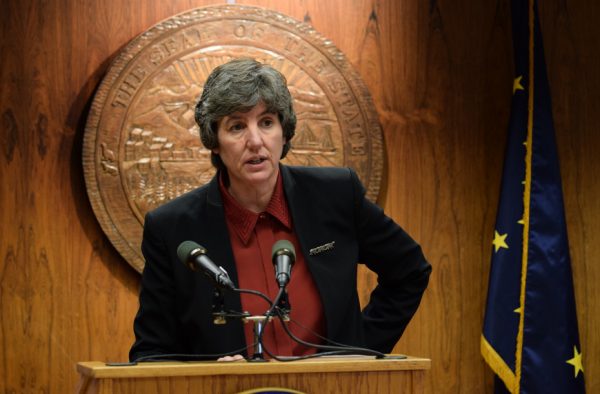
Governor Bill Walker won’t challenge a decision to reverse his veto of education spending.
In late June, Walker vetoed $6.35 million previously allocated to a formula that funds schools based on their enrollment numbers.
The Legislative Finance Division reviewed the veto and decided it was ineffective for technical reasons. Basically, the governor’s veto cut one source of funding. But, there’s another source of funding would replace that amount automatically. Walker didn’t cut that.
Pat Pitney, director of the Office of Management and Budget, says the governor could have challenged that analysis, but at a high cost.
“It was possible because of all the intent that was written into the vetoes, and the backup information, that there was clarity in the $6.3 million reduction,” said Pitney. “But if it was challenged, it would be a lot of wasted time and court battle.”
Pitney says the administration decided going to court would have left schools questioning how much money they would get from the state for too long. She says even if a court decision favored the governor, the amount of money saved might not have justified the effort.
“There were $58 million in education-related vetoes and now by accepting Legislative Finance’s interpretation there’s $53 million in school-related vetoes,” said Pitney.
The Walker administration’s cuts to education were part of a larger attempt to close the state’s spending gap. Pitney says the state’s revenue that legislators have the most power over has dropped by more than 80 percent since the average in the oil boom years between 2007 and 2013.
“So it’s like if you were a $100,000 household and now you’re making $16,000. You have fixed costs. Education is a fixed cost. The amount of money we put into education exceeds the amount of money the state receives — just education,” said Pitney.
Pitney says the state needs a sustainable fiscal plan.
Quinton Chandler is a reporter at KTOO in Juneau.




